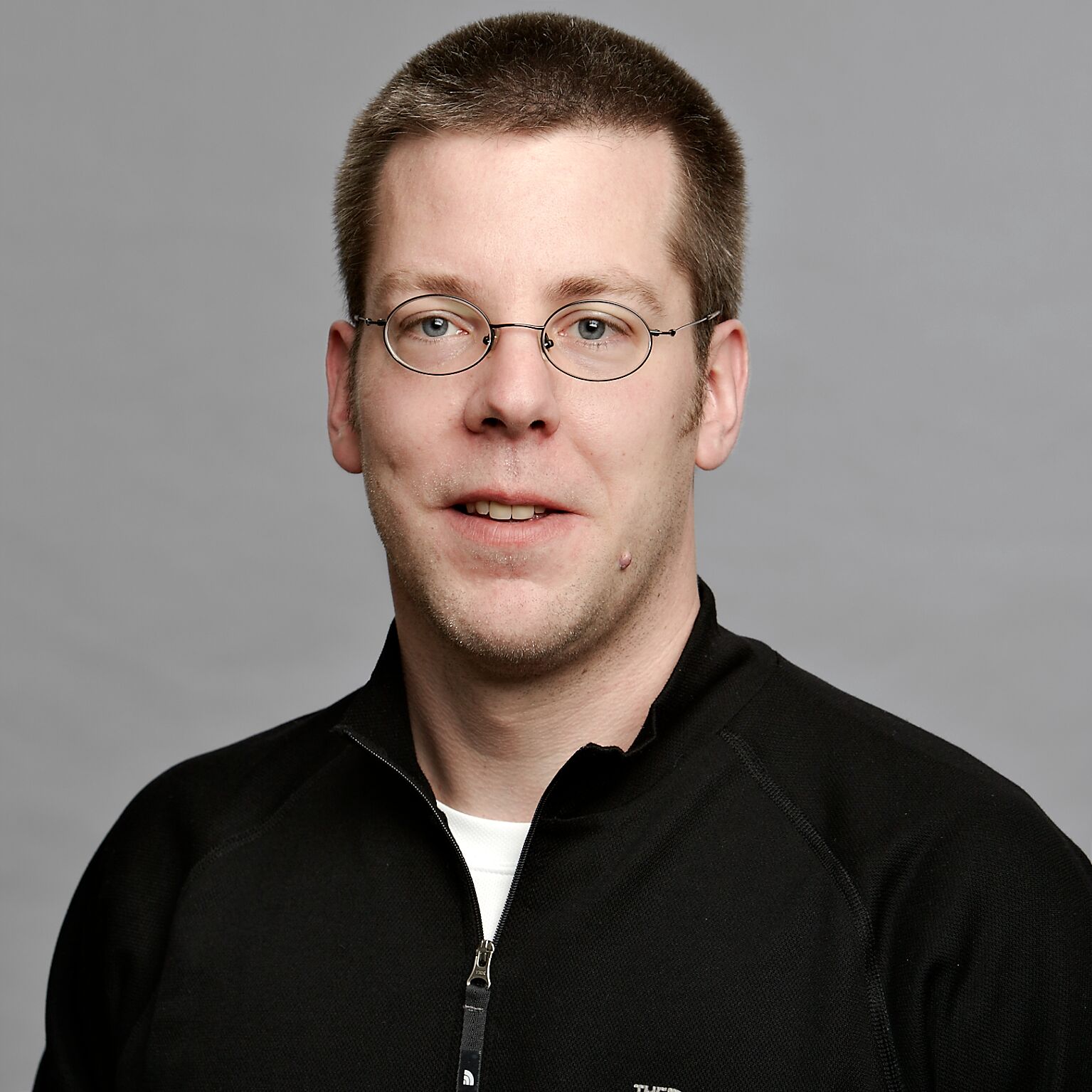Christian Pfeifer
Prof. Dr.

- Economics
- Gender and Diversity
Research areas
- 2008
11th Colloquium in Personnel Economics
Pfeifer, C. (Speaker)
06.03.2008Activity: Participating in or organising an academic or articstic event › Conferences › Research
Spring Meeting of Young Economists - 2008
Pfeifer, C. (Speaker)
18.04.2008Activity: Participating in or organising an academic or articstic event › Conferences › Research
Aarhus School of Business, Denmark 2008
Pfeifer, C. (Speaker)
28.04.2008Activity: Participating in or organising an academic or articstic event › Conferences › Research
Department of Economics 2008
Pfeifer, C. (Speaker)
09.05.2008Activity: Participating in or organising an academic or articstic event › Conferences › Research
Department of Economics, University of Würzburg
Pfeifer, C. (Speaker)
17.06.2008Activity: Talk or presentation › talk or presentation in privat or public events › Research
Department of Economics, University Bonn
Pfeifer, C. (Speaker)
26.06.2008Activity: Talk or presentation › Guest lectures › Research
Workshop of the Anglo-German Foundation - 2008
Pfeifer, C. (Speaker)
05.07.2008Activity: Participating in or organising an academic or articstic event › External workshops, courses, seminars › Research
Verein für Socialpolitik (presented by co-author)
Pfeifer, C. (Speaker)
09.2008Activity: Talk or presentation › talk or presentation in privat or public events › Research
European Association of Labour Economists Conference 2008
Pfeifer, C. (Speaker)
20.09.2008Activity: Participating in or organising an academic or articstic event › Conferences › Research
- 2009
School of Management and Technology (Organisational unit)
Pfeifer, C. (Member)
2009 → …Activity: Membership › Leuphana academic councils and committees › Leuphana Academic Committees
